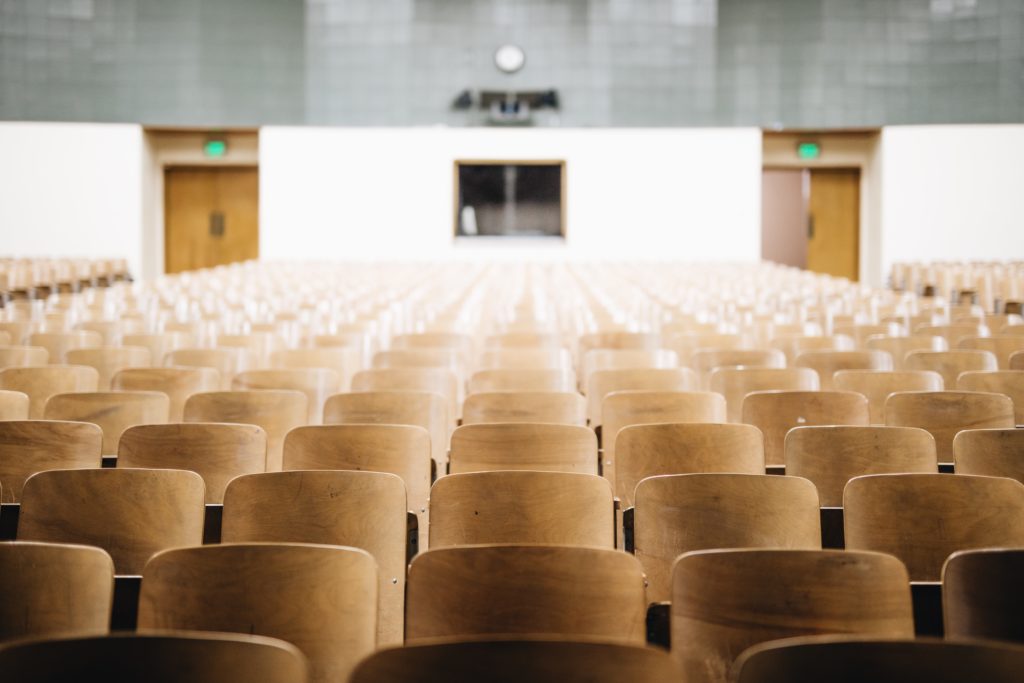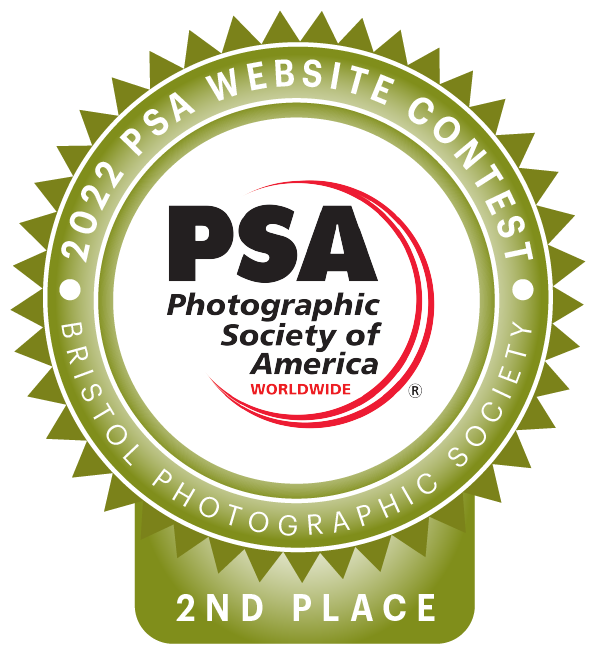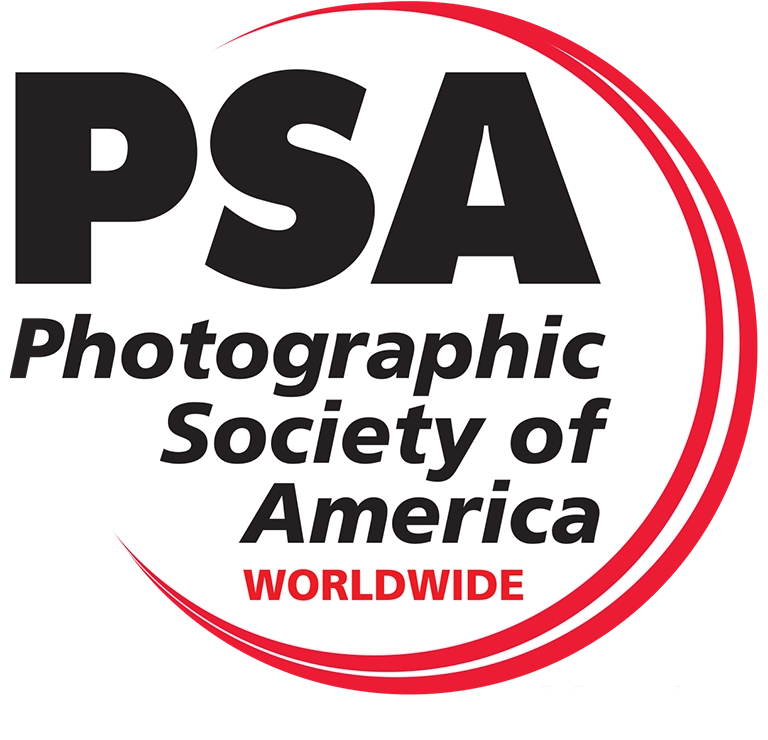Digital Image Group
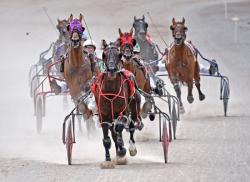
This group meets with the intention of providing contact, mutual support and the exchange of ideas for those interested in digital techniques in photography. The group is open to all members of the Society. The meetings will be generally of an informal nature and consist partly of contributions of a technical nature and partly of presentations by members of the group.
It is intended that the technical contribution at each meeting will focus on one or more topics from the list of general headings below, which will promote the understanding of the tools and their use for creative photography.
- Digital Equipment
- Hardware and Software Management
- Scanning
- Basic Photoshop Techniques and Tools
- Image Manipulation
- Printing
- Creative Techniques using Photoshop
The meetings are held in the clubroom on one Monday each month on the dates listed in the programme. For further information please contact the Chairman of the group Ashwin.
Studio Group
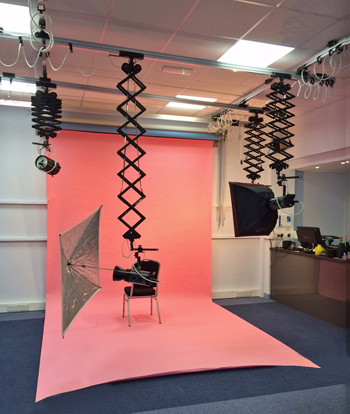
This group exists for the benefit of members and is a great opportunity for those less familiar with working with models or working in a studio environment to learn from others and practice, or for the more experienced an opportunity to hone their craft with a variety of subjects that they may otherwise not have an opportunity to shoot.
The intention of this group is to provide a varied programme of events and activities to encourage members to take and share photographs, both in the studio and outside. The programme will be shaped by members themselves.
For further details contact the Studio Manager studiobookings@bristolphoto.org.uk
Distinctions/Print Group
This group is intended for members planning to submit for RPS and PAGB distinctions. Attendees are encouraged to bring work along, either potential panels or for discussion.
Members seeking general advice on printing are welcome.
Meetings are held on a three month basis and can be found listed in the programme.

